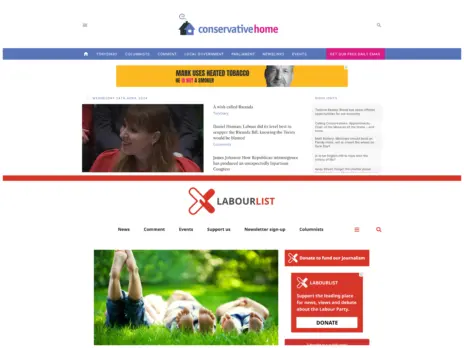The Government has rejected calls to tighten up youth crime reporting restrictions following the death of Leeds school teacher Ann Maguire.
A row erupted on Twitter after I reported on this blog that the media were able to identify the 15-year-old when he was arrested. The boy is now facing trial for her murder.
Campaigners – including the Opposition and some journalists – called for the ‘right to name’ arrangement under the Youth Justice and Criminal Evidence Act to be scrapped.
I was critical at the time of media who incorrectly claimed the Leeds schoolboy could not be named for "legal reasons". The opposite was true: under-18s only receive anonymity under the Children and Young Person’s Act 1933 when youth court proceedings start.
The last government tried to tighten things up in section 44 of the Youth Justice and Criminal Evidence Act 1999.
This brought the anonymity trigger point back to when an investigation starts. But the measure has not been used, and allows the press to self-regulate in this area.
The arrangement can only be changed after debate by both Houses of Parliament and if circumstances change.
And last week the Government decided to keep self-regulation in place. This came after the Newspaper Society argued a tighter regime would have meant that Maguire’s death would not have been properly reported.
Justice Minister Lord Faulks said: “This is not the right time to consider commencing Section 44, in the light of the significant changes to press self-regulation recently introduced by the Government.
"The Government believe that a Royal Charter is the best way to ensure that independent self-regulation operates successfully. We should therefore give this new approach a chance to succeed."
He added that implementing section 44 might create more problems than it solved.
This appears to be a rare piece of common sense in a climate where press freedom is often curtailed as a knee-jerk reaction.
I will be blogging about other proposed changes in youth crime anonymity later this week.
Cleland Thom is a media law consultant and runs courses in media law
Email pged@pressgazette.co.uk to point out mistakes, provide story tips or send in a letter for publication on our "Letters Page" blog






